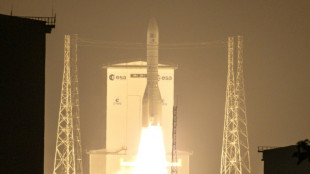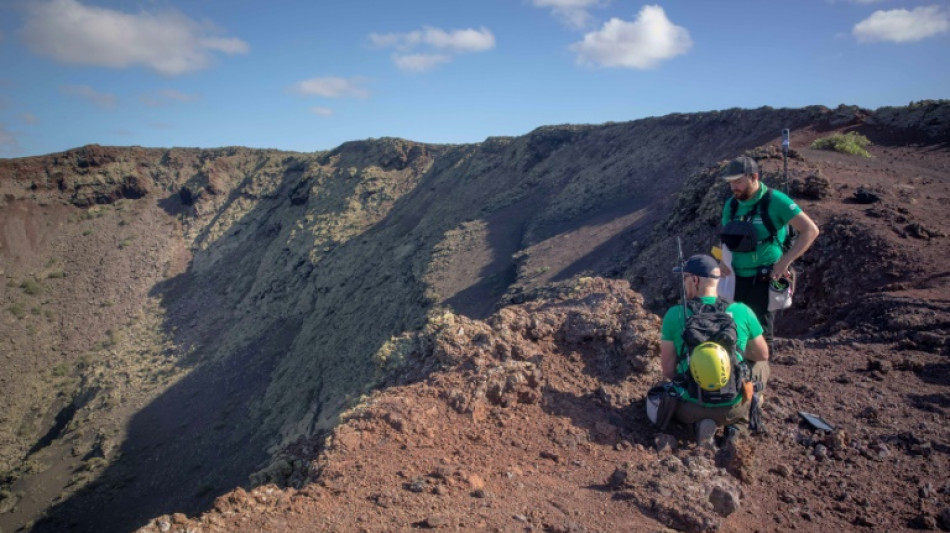
-
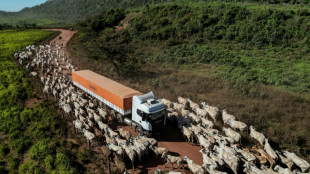 What to know about the EU-Mercosur deal
What to know about the EU-Mercosur deal
-
Trump vows economic boom, blames Biden in address to nation

-
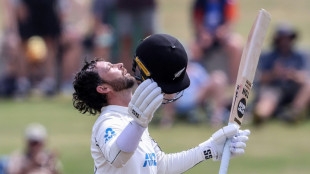 Conway 120 as New Zealand in command at 216-0 against West Indies
Conway 120 as New Zealand in command at 216-0 against West Indies
-
Taiwan eyes fresh diplomatic ties with Honduras
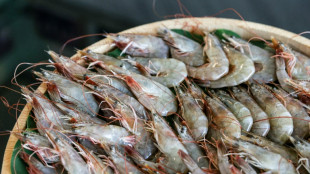
-
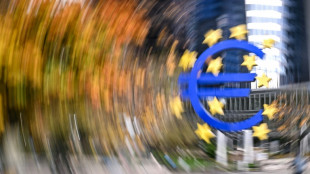 ECB set to hold rates but debate swirls over future
ECB set to hold rates but debate swirls over future
-
Asian markets track Wall St lower as AI fears mount
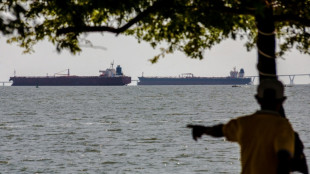
-
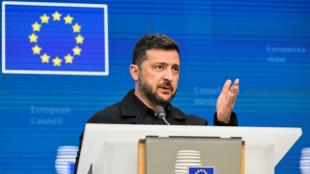 EU holds crunch summit on Russian asset plan for Ukraine
EU holds crunch summit on Russian asset plan for Ukraine
-
Australia PM vows to stamp out hatred as nation mourns youngest Bondi Beach victim
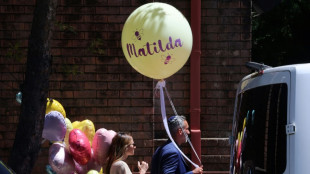
-
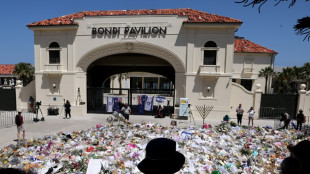 Australian PM vows hate speech crackdown after Bondi Beach attack
Australian PM vows hate speech crackdown after Bondi Beach attack
-
Turkmenistan's battle against desert sand
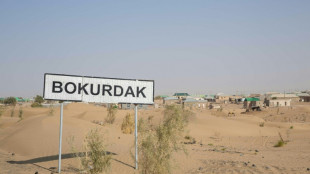
-
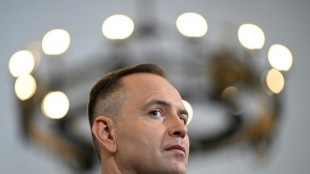 Ukraine's Zelensky in Poland for first meeting with nationalist president
Ukraine's Zelensky in Poland for first meeting with nationalist president
-
England in disarray at 59-3 in crunch Test as Lyon, Cummins pounce

-
 Japan faces lawsuit over 'unconstitutional' climate inaction
Japan faces lawsuit over 'unconstitutional' climate inaction
-
Migrants forced to leave Canada after policy change feel 'betrayed'
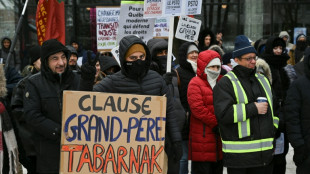
-
 What's next for Venezuela under the US oil blockade?
What's next for Venezuela under the US oil blockade?
-
Salvadorans freed with conditional sentence for Bukele protest
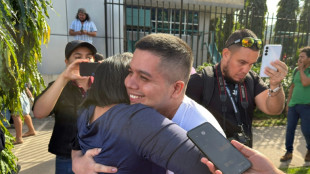
-
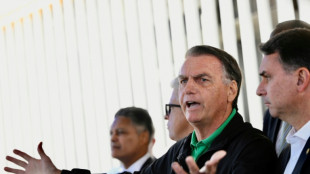 Brazil Congress passes bill to cut Bolsonaro prison term
Brazil Congress passes bill to cut Bolsonaro prison term
-
Cricket Australia boss slams technology 'howler' in Ashes Test

-
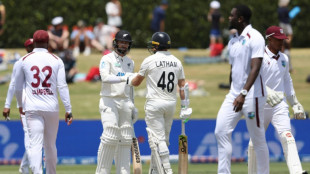 New Zealand 83-0 at lunch on day one of third West Indies Test
New Zealand 83-0 at lunch on day one of third West Indies Test
-
Ecuadorean footballer Mario Pineida shot and killed

-
 US government admits liability in deadly DC air collision
US government admits liability in deadly DC air collision
-
Ex-podcaster Dan Bongino stepping down as deputy FBI director

-
 Real Madrid scrape past third-tier Talavera in Spanish Cup
Real Madrid scrape past third-tier Talavera in Spanish Cup
-
Hunt for US college mass shooter drags into fifth day
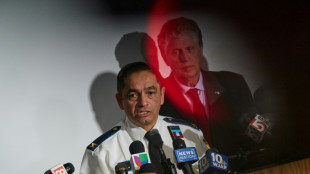
-
 Cherki inspires Man City, Newcastle strike late to reach League Cup semis
Cherki inspires Man City, Newcastle strike late to reach League Cup semis
-
Barcelona, Lyon and Chelsea reach Women's Champions League quarters

-
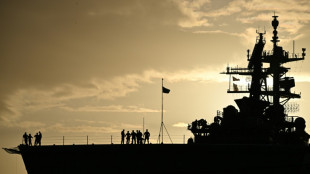 Venezuela reacts defiantly to US oil blockade, claims exports unaffected
Venezuela reacts defiantly to US oil blockade, claims exports unaffected
-
Nasdaq tumbles on renewed angst over AI building boom
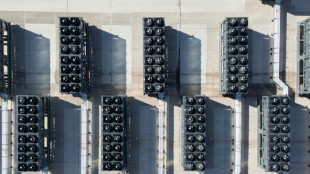
-
 S.Africa expels Kenyans working on US Afrikaner 'refugee' applications
S.Africa expels Kenyans working on US Afrikaner 'refugee' applications
-
US Congress ends Syria sanctions

-
 Cherki inspires Man City cruise into League Cup semis
Cherki inspires Man City cruise into League Cup semis
-
Billionaire Trump nominee confirmed to lead NASA amid Moon race
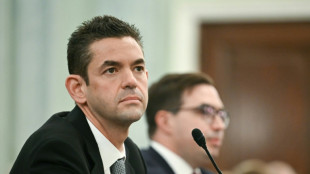
-
 Mahomes undergoes surgery, could return for 2026 opener: Chiefs
Mahomes undergoes surgery, could return for 2026 opener: Chiefs
-
Melania Trump steps into spotlight in Amazon film trailer

-
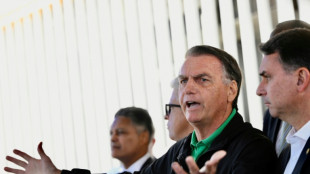 Brazil Senate advances bill that could cut Bolsonaro jail term
Brazil Senate advances bill that could cut Bolsonaro jail term
-
Safonov hero as PSG beat Flamengo in Intercontinental Cup

-
 Oscars to stream exclusively on YouTube from 2029
Oscars to stream exclusively on YouTube from 2029
-
Oscars to stream exclusively on YouTube from 2029: Academy

-
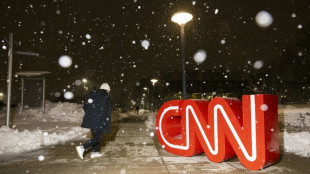 CNN's future unclear as Trump applies pressure
CNN's future unclear as Trump applies pressure
-
Brazil threatens to walk if EU delays Mercosur deal

-
 Zelensky says Russia preparing for new 'year of war'
Zelensky says Russia preparing for new 'year of war'
-
Rob Reiner's son appears in court over parents' murder

-
 US Congress passes defense bill defying Trump anti-Europe rhetoric
US Congress passes defense bill defying Trump anti-Europe rhetoric
-
Three Russia-themed anti-war films shortlisted for Oscars
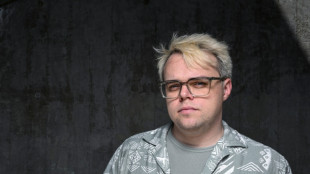
-
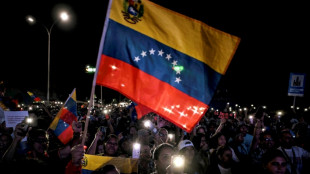 US oil blockade of Venezuela: what we know
US oil blockade of Venezuela: what we know
-
Palace boss Glasner says contract talks on hold due to hectic schedule

-
 Netflix to launch FIFA World Cup video game
Netflix to launch FIFA World Cup video game
-
Venezuela says oil exports continue normally despite Trump 'blockade'
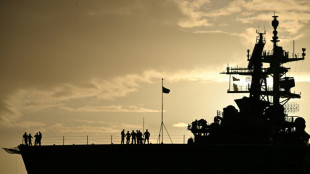
-
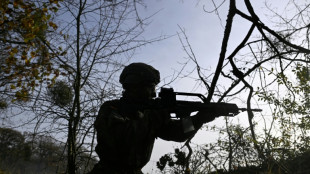 German MPs approve 50 bn euros in military purchases
German MPs approve 50 bn euros in military purchases
-
India v South Africa 4th T20 abandoned due to fog
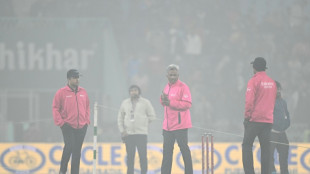
| SCS | 0.12% | 16.14 | $ | |
| RBGPF | -2.23% | 80.22 | $ | |
| CMSD | -0.43% | 23.28 | $ | |
| NGG | 1.8% | 77.16 | $ | |
| CMSC | -0.34% | 23.26 | $ | |
| RELX | -0.64% | 40.56 | $ | |
| GSK | -0.14% | 48.71 | $ | |
| BCE | -0.78% | 23.15 | $ | |
| RYCEF | 1.48% | 14.86 | $ | |
| AZN | -1.66% | 89.86 | $ | |
| RIO | 1.55% | 77.19 | $ | |
| BTI | -0.21% | 57.17 | $ | |
| BCC | 0.59% | 76.29 | $ | |
| JRI | -0.6% | 13.43 | $ | |
| VOD | 0.86% | 12.81 | $ | |
| BP | 2.06% | 34.47 | $ |

'Like the Moon': Astronauts flock to Spanish isle to train
Kneeling on the edge of a deep crater, astronaut Alexander Gerst uses a chisel to collect a sample of volcanic rock which he carefully puts inside a white plastic bag.
Gerst is not on the Moon, even if it looks like it. He is in the middle of Los Volcanes Natural Park on the island of Lanzarote in Spain's Canary Islands, off the northwest coast of Africa.
With its blackened lava fields, craters and volcanic tubes, Lanzarote's geology can be uncannily similar to that of the Moon and Mars -- so much so that the European Space Agency (ESA) and NASA have for years been sending astronauts to the island to train.
"This place has lavas that are very, very similar to the ones that we find on the Moon," Gerst, a 46-year-old German astronaut with the ESA, told AFP.
He said the island was "a unique training ground".
Gerst, who has completed two missions on the International Space Station, is one of about a dozen astronauts who have taken part in the ESA's Pangaea training course in Lanzarote over the past decade.
Named after the ancient supercontinent, Pangaea seeks to give astronauts as well as space engineers and geologists the skills needed for expeditions to other planets.
Trainees learn how to identify rock samples and collect them, do on-the-spot DNA analysis of microorganisms, and communicate their findings back to mission control.
"Here, they are put into the field to experience the exploration of a terrain, which is something they will have to do on the Moon," said Francesco Sauro, the technical director of the course.
- Six-year eruption -
Gerst said the Pangaea training course, which he has just completed, helps prepare astronauts to work in a remote setting on their own.
"If we run into a problem, we have to solve it ourselves," he said.
He completed the Pangaea training along with Stephanie Wilson, one of NASA's most senior astronauts. Both are possible candidates for NASA's next crewed Moon missions.
Named for the goddess who was Apollo's twin sister in ancient Greek mythology, NASA's Artemis programme aims to return astronauts to the Moon's surface as early as 2025, though many experts believe that time frame might slip.
Twelve astronauts walked on the Moon during six Apollo missions from 1969 to 1972, the only spaceflights yet to place humans on the lunar surface.
NASA and the ESA also regularly use Lanzarote's landscape of twisted mounds of solidified lava to test Mars Rovers -- remote controlled vehicles designed to travel on the surface of the Red Planet.
Lanzarote's unique geography stems from a volcanic eruption that began in 1730 and lasted six years, spewing ash and lava over large swathes of land.
Considered one of the greatest volcanic cataclysms in recorded history, the eruption devastated over 200 square kilometres (77 square miles) of terrain -- about a quarter of the island which is currently home to around 156,000 people.
- 'See far away' -
While there are other volcanic areas such as Hawaii that could also be used for astronaut training, Lanzarote has the advantage that it has little vegetation due to its desert-like climate.
"You have a lot of different types of volcanic rocks in Lanzarote. And they are exposed. You don't have trees," said Pangaea project leader Loredana Bessone.
"You can see far away, as if you were on the Moon," she told AFP.
The Canary Islands is making a big contribution to space exploration in another way too. The island of La Palma is home to one of the world's largest optical telescopes.
Located on a peak, the Great Canary Telescope is able to spot some of the faintest, most distant objects in the Universe.
La Palma was selected as the site for the telescope because of its cloud-free skies and relatively low light pollution.
D.Moore--AMWN
